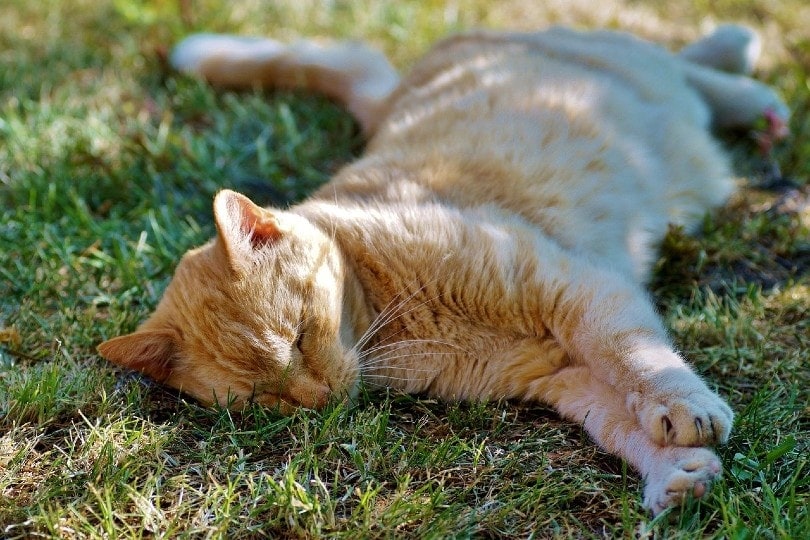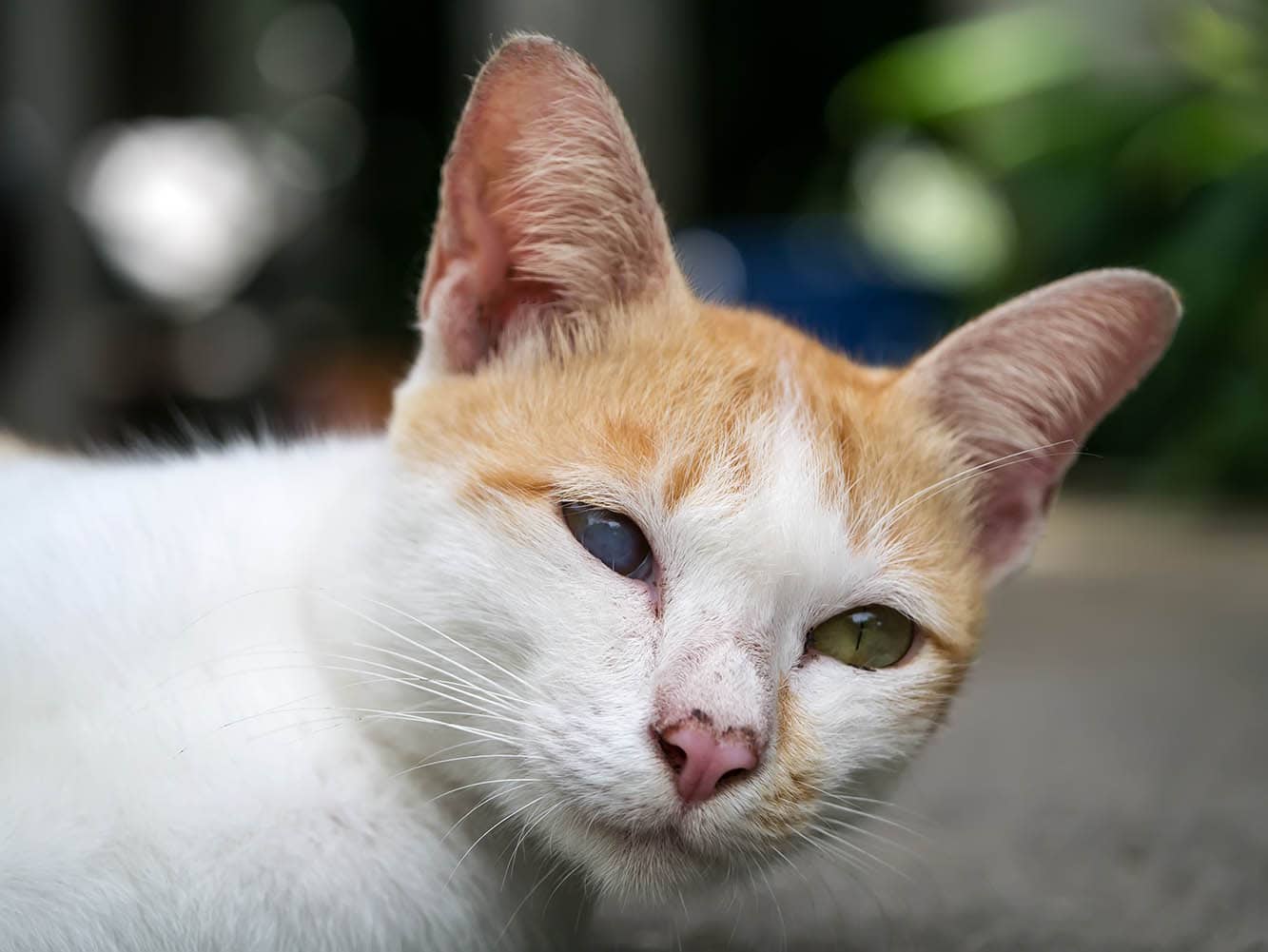How to Choose a Second Cat: 13 Factors in Making the Perfect Decision

Updated on
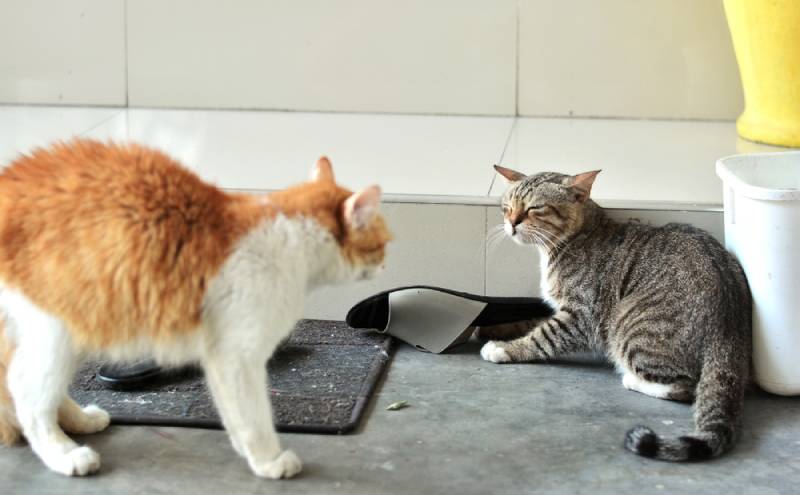
Having a second cat is an exciting experience, but it’s important to take the time to make sure you make the right decision. There are a variety of factors that come into play when deciding which new feline friend to bring home, including size, age, breed, health history, and personality. Here are the factors to consider before selecting your perfect second cat.
What Are the Benefits of Having Two Cats?
Having two cats is a great way to provide companionship for both pets. Cats can form strong bonds with one another, providing mental stimulation and helping prevent boredom when you’re not around. Additionally, having two cats can reduce stress levels in both pets by providing opportunities for playtime and cuddles as well as additional sources of comfort during stressful situations. Lastly, having multiple cats means more fun – watching them play together can be an entertaining experience!
The 13 Factors to Consider When Choosing a Second Cat
1. Size and Space
Do you have enough space in your home for a bigger or smaller cat? Large cats such as Maine Coons, Norwegian Forest Cats, and Savannah Cats require more room than small to normal sized cats. They need larger litter boxes as well. Cats also like to have their own personal space, so make sure you’re not already living in close quarters and how much space you have before deciding which breed you want.
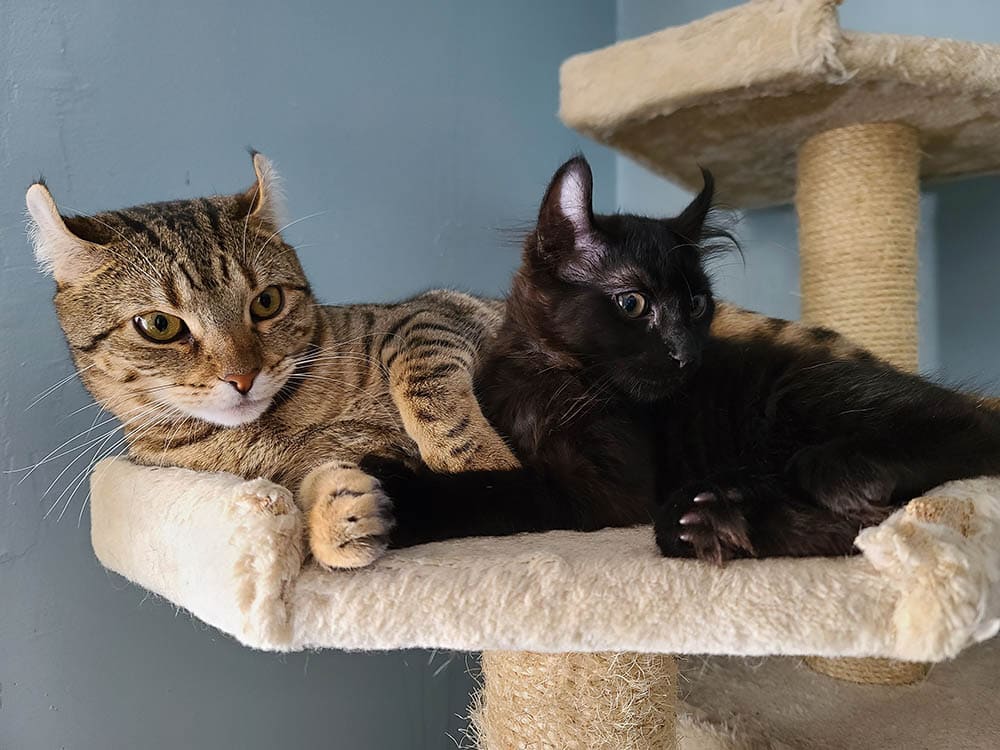
2. Age
Kittens can be harder work as they need more attention and socialization than adult cats do. On the other hand, adult cats are usually already trained and socialized and have an established personality. If you have an older cat or an adult cat that is set in their ways, a new kitten might be a better option than bringing in another adult cat that may also be already set in their ways. However, there are also plenty of adult cats in shelters that need loving homes, and most cats will learn to live together over time.
3. Breed
Different breeds come with different dispositions and needs, so consider which breed would fit best in your home. You may wish to choose a cat that is the same breed you already have, or maybe you want something different. Do you want a lap cat or something more active? Choose the breed that suits your lifestyle best.

4. Health History
When getting a potential new cat from a breeder or shelter, make sure to ask about their health history to make sure they’re healthy and up to date on vaccinations. Having a full medical record of the cat can help provide insight into its overall health status, as well as any possible genetic issues it may be predisposed to later in life. You don’t want to get in over your head and get a cat with health conditions that are more than you can handle or have an illness that could spread to your other cat. Also ask for the cat’s recent vet records. This will help you determine if it is in good health and has been cared for properly.
5. Personality
Every kitty has its own personality, and it’s important to consider how each cat will fit into your household. Ask questions about the potential new cat’s likes and dislikes, activity level, and temperament to gain insight into its character. You know your existing cat well already, so make sure the two personalities will mesh well. A good question to ask is how the potential new cat behaves around other cats.
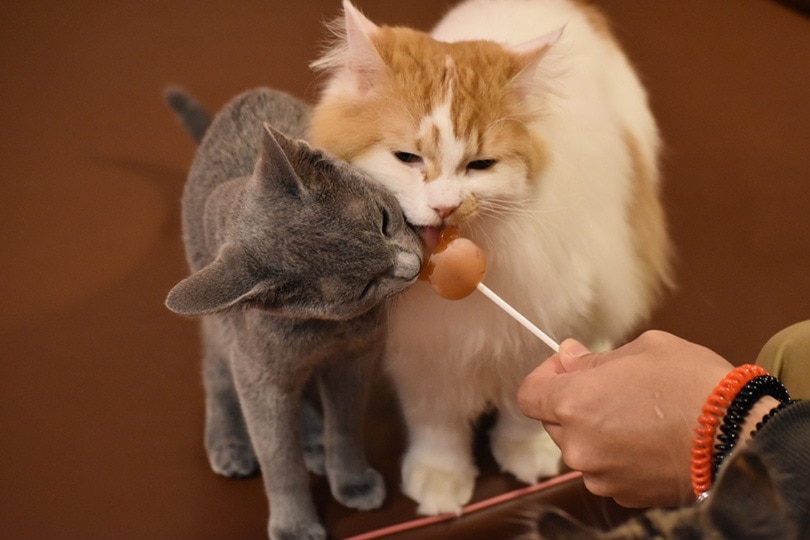
6. Adaptability
Can the cat easily adjust to new environments or does it take some time? All cats are going to need an adjustment period. But if bringing a new kitty home is going to be difficult for them or the cat is part of a bonded pair and you can’t adopt both, perhaps consider a cat that knows how to handle changes in their environment or that can be adopted alone.
7. Compatibility
Consider if a second pet would get along with any existing pets you have. Some cats do not like other cats while some are more open-minded and even enjoy being around other animals! Again, you know the cat you already have best. If it is generally nervous or anxious without the presence of another animal, then getting another cat may not be in its best interest.
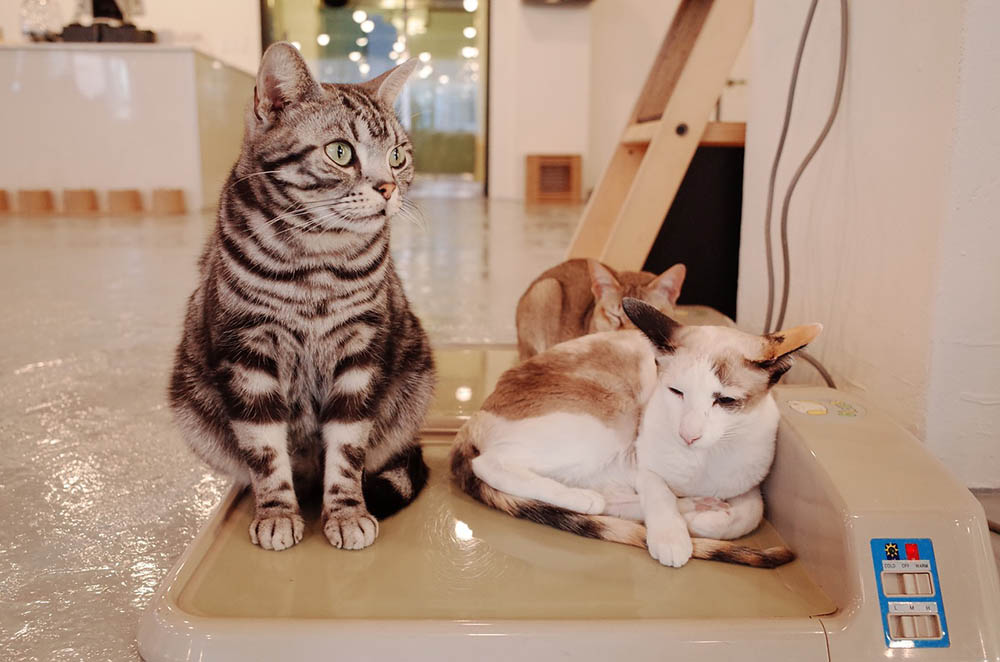
8. Grooming
Does the cat require a lot of grooming or minimal upkeep? Long-haired cats like Maine Coons and Ragdolls will need more brushing while short-haired cats will only need an occasional brush. Make sure you’re able to handle the new cat’s grooming needs.
9. Feeding Habits
Different cats have different dietary needs and preferences, so consider what type of food your new pet would like best and if they have any health conditions that may require a special diet. Dry, wet, grain-free or organic – research which types are suitable for your feline friend and make sure that you can afford their special dietary needs, if necessary.
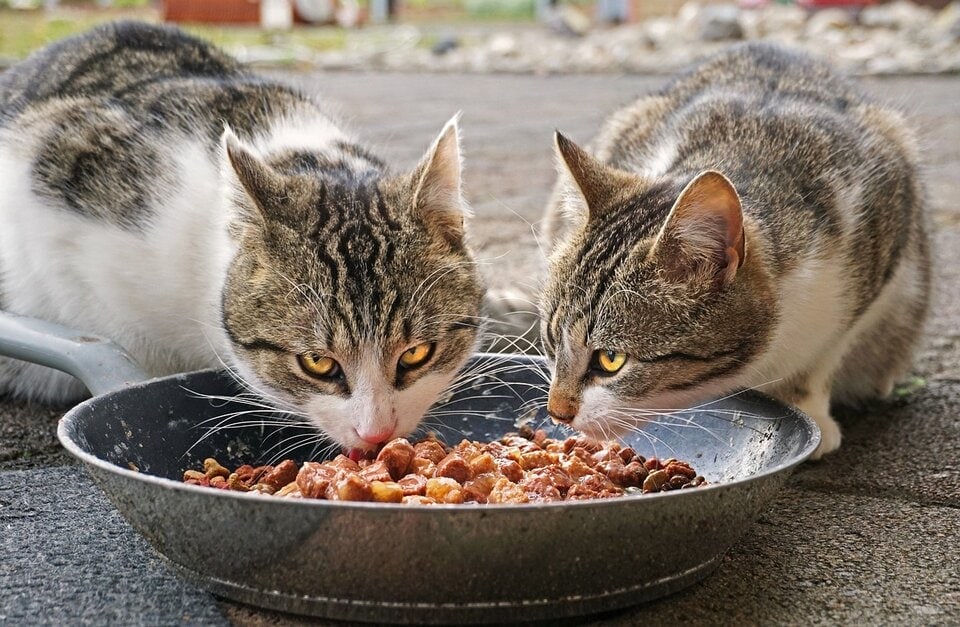
10. Cost
Depending on the breed and age of the cat, there may be additional costs associated with its care that you should take into account when deciding on a second pet. Things like health conditions and grooming needs are two big ones to consider if you’re going to be putting money into something regularly.
11. Allergies
If anyone in the family is allergic to cats, it’s important to consider this before selecting any new pet. Some breeds are more allergy friendly than others and may be a better option for those with allergies. If your existing cat is already allergy friendly then you’ll need another allergy friendly breed as well, which can limit your options.
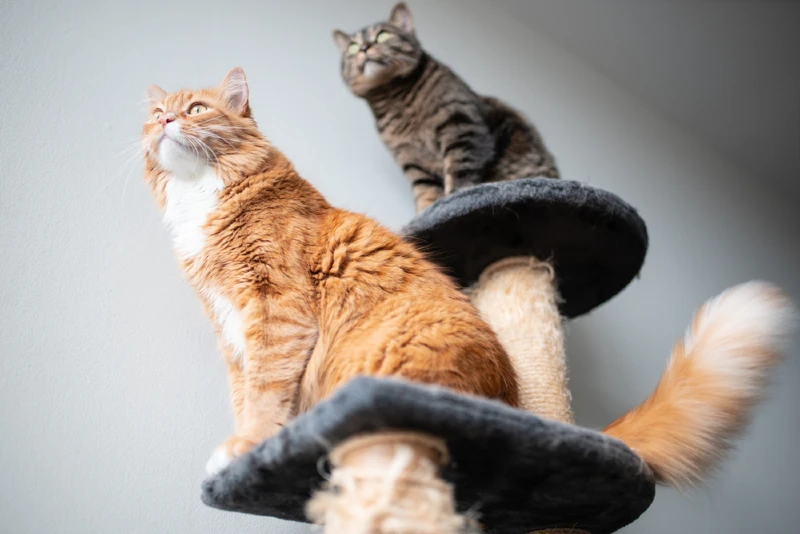
12. Lifestyle
Does the cat’s lifestyle fit into yours? If you plan on traveling often, for example, make sure to choose a kitty that is comfortable being at home alone with your other cat for extended periods of time or that is comfortable traveling with you.
13. Adoption History
Ask about the cat’s background – finding out why it was given up in the first place can give you a better understanding of its needs and behavior. Maybe it doesn’t get along well with other cats, in which case you don’t want to add it to a home with an existing cat. Even though it may not be the new cat’s fault, ultimately you want to choose a cat that will fit in with the one you have at home.
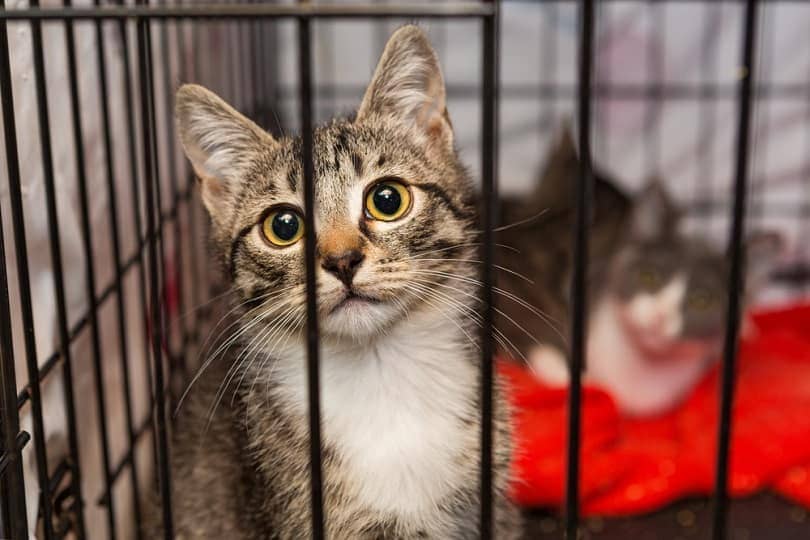
The 12 Tips for Introducing Another Cat to Your Household:
- Give each cat its own space by setting up separate feeding and litter box areas for each.
- Let the cats sniff each other from a safe distance and get used to one another before interacting directly.
- Provide plenty of toys, scratching posts and hiding spots so that both cats can have their own area to explore and play in.
- Encourage positive interactions between the two by giving treats or rewards when they act friendly towards one another.
- Be patient – it may take some time for them to fully adjust to living with one another and form a bond, so don’t expect immediate results!
- Make sure both cats are spayed or neutered to reduce aggression.
- Monitor their interactions closely and be prepared to separate them if necessary.
- Offer distraction from the other cat with treats or toys when one becomes stressed out or overwhelmed by the other’s presence.
- Create designated areas in your space where each cat can feel safe and comfortable away from the other.
- Spend time with both cats individually so they get used to being around you as well as each other.
- Consult a vet or pet behaviorist if needed – they will be able to give specific advice based on your particular situation and help ensure that introducing another cat into your home is successful!
- Most importantly, have fun! Enjoy getting to know both of your cats and watching them grow together as a family.
 FAQs About Getting a Second Cat
FAQs About Getting a Second Cat
How do I know if my current cat will get along with a second one?
Each cat is unique and has its own personality, so it’s difficult to predict how cats will react to each other. Introducing them slowly and monitoring their interactions carefully can help determine compatibility.
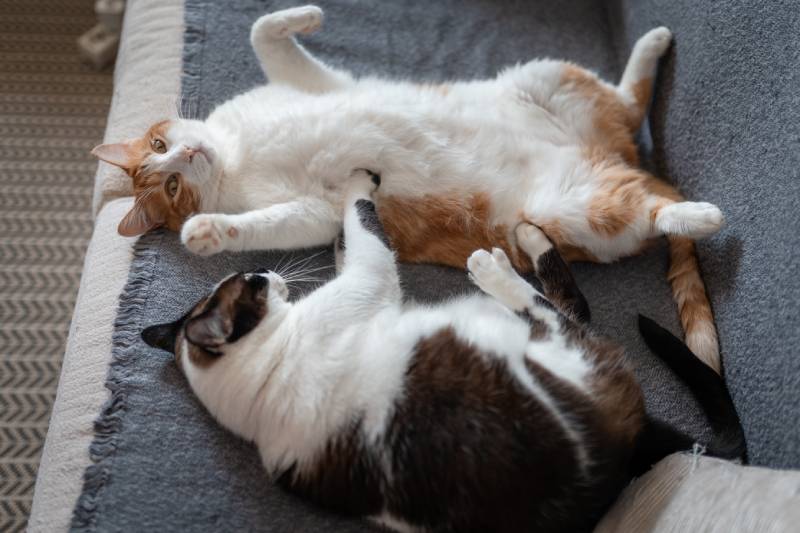
Is it better to adopt two kittens or an adult cat?
If you’re looking for two cats that are compatible and adjust quickly to living together, then adopting two kittens may be the best option. However, adult cats can also form strong bonds – just make sure to select cats with similar personalities.
Are there any special considerations when introducing another pet into a multi-cat household?
It’s important to introduce the cats to each other gradually and monitor their interactions closely. Make sure that there are plenty of feeding spots, toys, and hiding places so that each cat can have its own space away from the other. Additionally, it’s essential to get both cats spayed or neutered in order to reduce aggression.
How do I help my current cat adjust to having a second pet in the house?
As with any new situation, it is important to take things slow when introducing your current cat to a new pet. Start by allowing them time together without direct contact, slowly increasing the amount of interaction as they become more comfortable with each other. Additionally, make sure to give each cat plenty of attention and love to help them adjust to the new living situation.
What if my cats don’t get along even after introducing them slowly?
If your cats are still not getting along, it may be best to consult a pet behaviorist or veterinarian for guidance. They can provide specific advice based on your particular situation and help ensure that introducing another cat into your home is successful. Additionally, there are several behavioral techniques you can use to try to encourage positive interactions between the cats, such as providing food rewards for cooperative behavior and rewarding peaceful interactions with treats or toys.
Conclusion
By considering these actors when selecting your new feline friend, you can ensure that your second cat is the perfect fit for your home! With some careful research and thoughtful consideration, you can find the purrfect companion to share your life with. No matter which type of kitty you choose, he or she will surely be a source of joy and endless love!
Featured Image Credit: Photo object, Shutterstock


 FAQs About Getting a Second Cat
FAQs About Getting a Second Cat